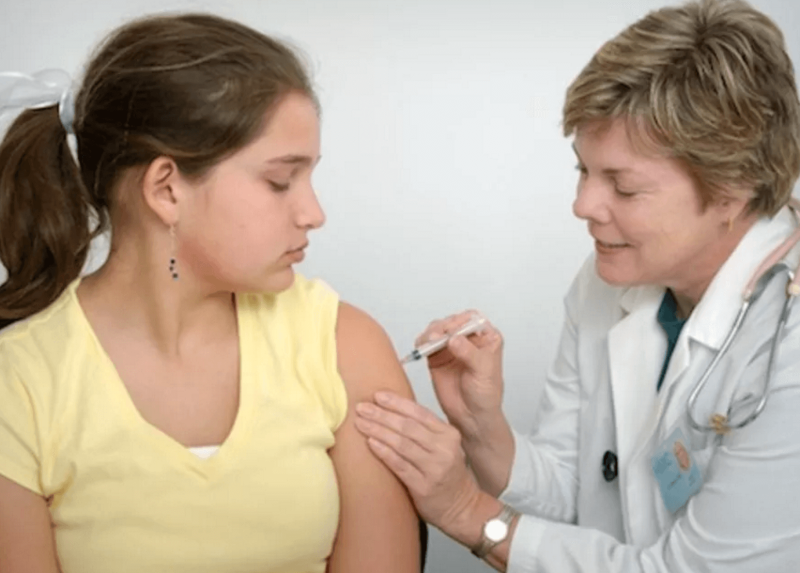Nine genes are tied to a strong immune response to the flu vaccine in people 35 and under, a new study finds. If these genes are highly active before vaccination, a person will respond to the flu shot by making lots of antibodies. This is true no matter what flu variety, or strain, is in the vaccine. The response can help a person avoid getting the flu.
Getting a flu shot is the best way to stay healthy during flu season. The U.S. Centers for Disease Control and Prevention estimates that flu vaccines prevented 5.1 million illnesses in the 2015‒2016 season. “The problem is, we don’t know what makes a successful vaccination,” says Purvesh Khatri. He’s an immunologist at Stanford University School of Medicine in California.
…
The nine genes make proteins that have various jobs. They do things like telling other proteins where to go and giving structure to cells. Earlier research has tied some of these genes to the immune system. Khatri thinks the new study will lead to more research into how these genes encourage a good vaccine response. And figuring out how to boost the genes may help people who don’t respond strongly to flu vaccines, he says.
The GLP aggregated and excerpted this blog/article to reflect the diversity of news, opinion, and analysis. Read full, original post: Genes may predict how well the flu vaccine will work in young people
































